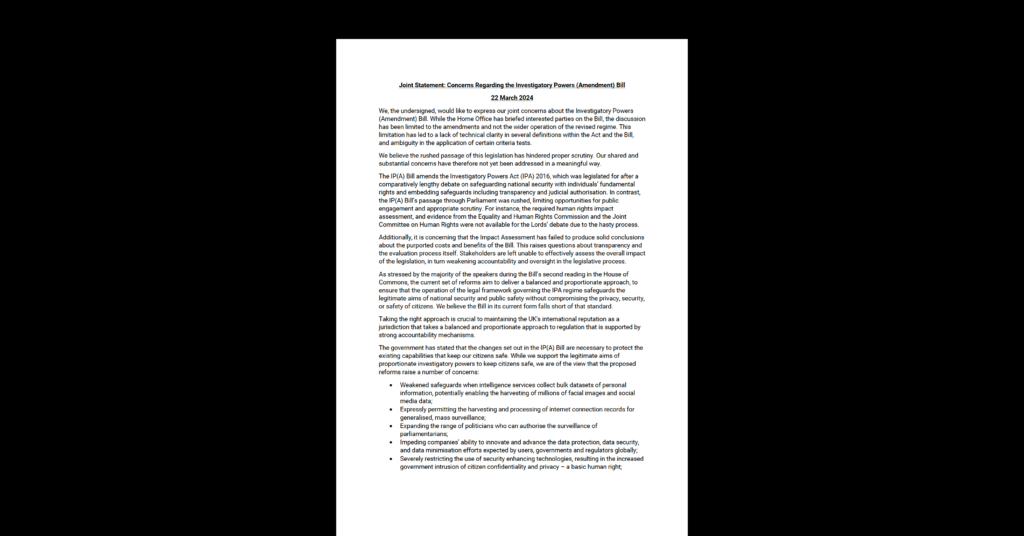European Policy, Open Internet
The EC Wants Europe to Lead on AI – But Its Restrictive Copyright Draft Rules for TDM Will Not Help
On 25 April 2018, the European Commission published its Communication on “Artificial Intelligence for Europe”. The Communication lays out a broad set of policies and initiatives for the European Union to undertake the deployment and development of artificial intelligence (AI) in Europe. The strategy follows a joint Declaration from 10 April 2018 in which 24 EU Member States and Norway committed to coordinating AI strategies.
The Commission is right to drive a common EU strategy in this field. The potential of AI to help solve societal problems in transport, urban management, environmental protection, healthcare, and a broad range of industries is beyond doubt. There is fierce competition among companies, and among countries and regions, for talent and technological leadership. Both China and the United States have taken ambitious steps to accelerate development and take-up, and they have invested heavily in technology, infrastructure, skills and research. The Commission notes that Europe may already be at a disadvantage and that catching up with global competitors will be difficult. European companies and industries lag competitors both in development and in take-up of these technologies.
The Communication calls for increased public and private sector investment in research and development, and faster commercialisation of breakthrough innovations, coordination among research facilities and networks and tools to enable SMEs to access and deploy solutions. Second, it proposes initiatives to ensure that large-scale public sector, private sector, and scientific pools are available. Thirdly, it sets out socio-economic challenges that need to be tackled to ensure that the benefits of AI can be shared widely in society. The Commission is right to acknowledge the labour market, workforce and skills/education issues that require attention, and it sets out a number of concrete actions to take on this front. Finally, the Commission announced a European AI Alliance to work out draft AI Ethics Guidelines and says it will continue an already ongoing review of safety and liability issues associated with autonomous systems and AI.
The Commission should be commended for taking a comprehensive and holistic approach to forging a European strategy on AI. CDT responded to a U.S. Government consultation on “Preparing for the Future of AI” that included many of the issues covered in the Communication. The Commission’s focus on ensuring that the benefits of AI can be enjoyed by all of society is appropriate. CDT’s thinking in this area has focused on tools that can help technology developers build safeguards against unintended bias and other ethical pitfalls as they design automated decision-making processes. We look forward to engaging with the proposed AI Alliance on these and other issues.
However, some of the Commission’s other policies work at cross-purposes with the new strategy. The strategy notes that “[…] access to data is a key ingredient for a competitive AI landscape, which the EU should facilitate”. This is obviously correct, but it is not what the Commission is setting out to do in its Copyright in the Digital Single Market (DSM) proposal. The value of Big Data is not the data or text in itself, but rather the extraction of such value, which may involve predictive text and data mining (TDM) tools that allow for patterns and new relations to be unveiled. The Commission’s proposal in Article 3 for a mandatory exception for TDM, with its narrow scope would inhibit innovation and the objective of making Europe a global leader in AI. The beneficiaries of the TDM exception are limited to “research organisations”, which exclude startups, individual researchers and investigative citizen journalism. The proposed purpose of the scope of the TDM exception is also limited to “scientific research” only, excluding many innovative uses that bring benefits to society. We argue that the TDM exception in Article 3 must be expanded to reflect the idea that “the right to read is the right to mine”, and have recently made this point in open letters to the European institutions. If the Commission truly wants to create the right legal framework for a globally competitive research ecosystem in Europe, it must acknowledge the foundational role of TDM for AI and consequently align its objective across its various legislative initiatives.


